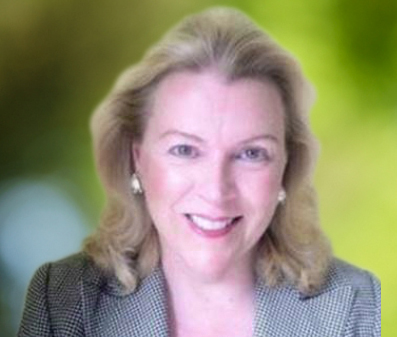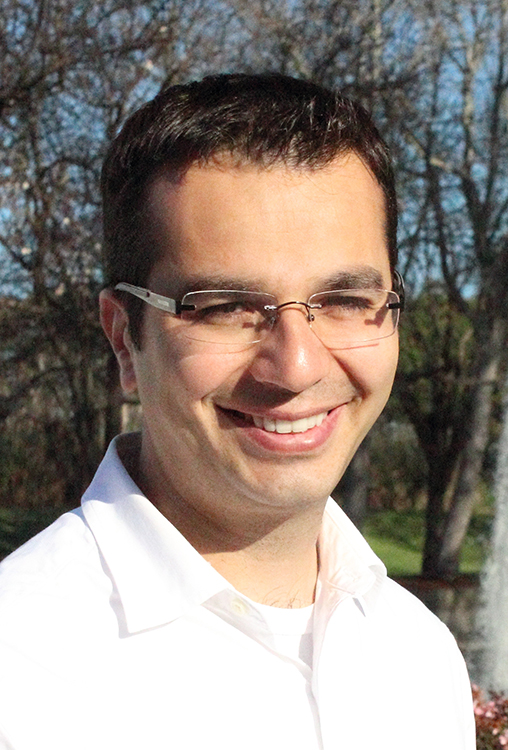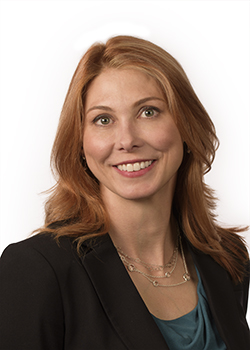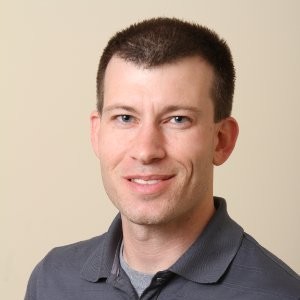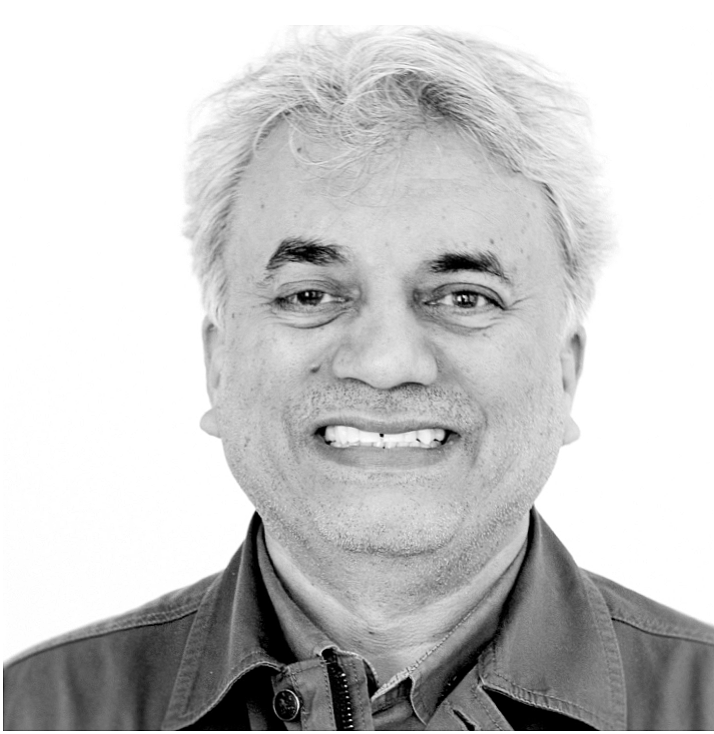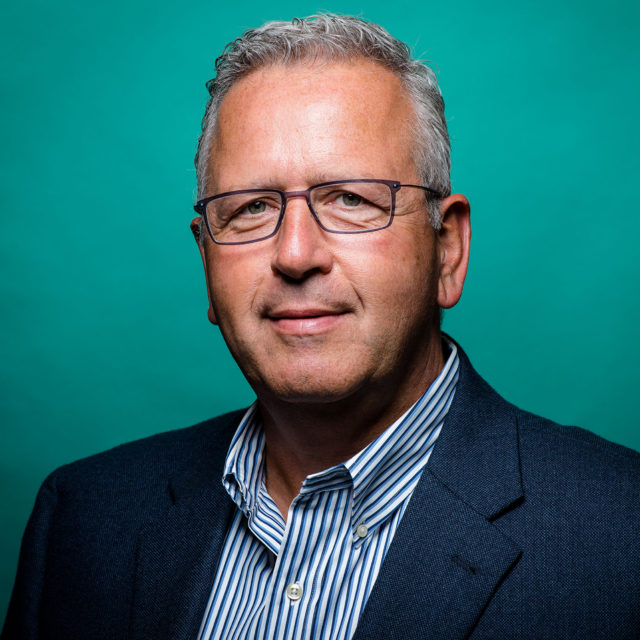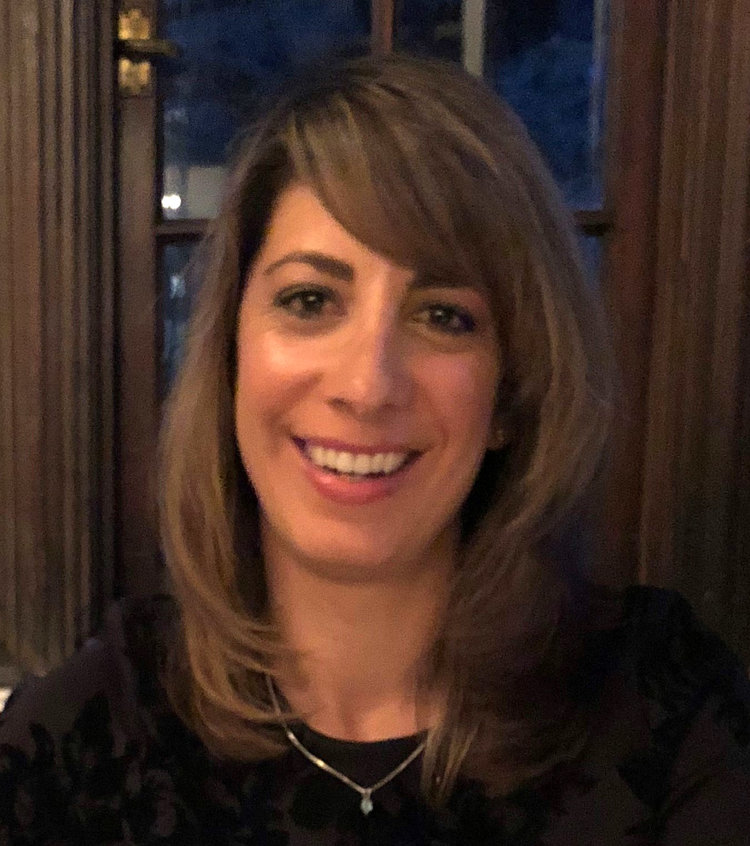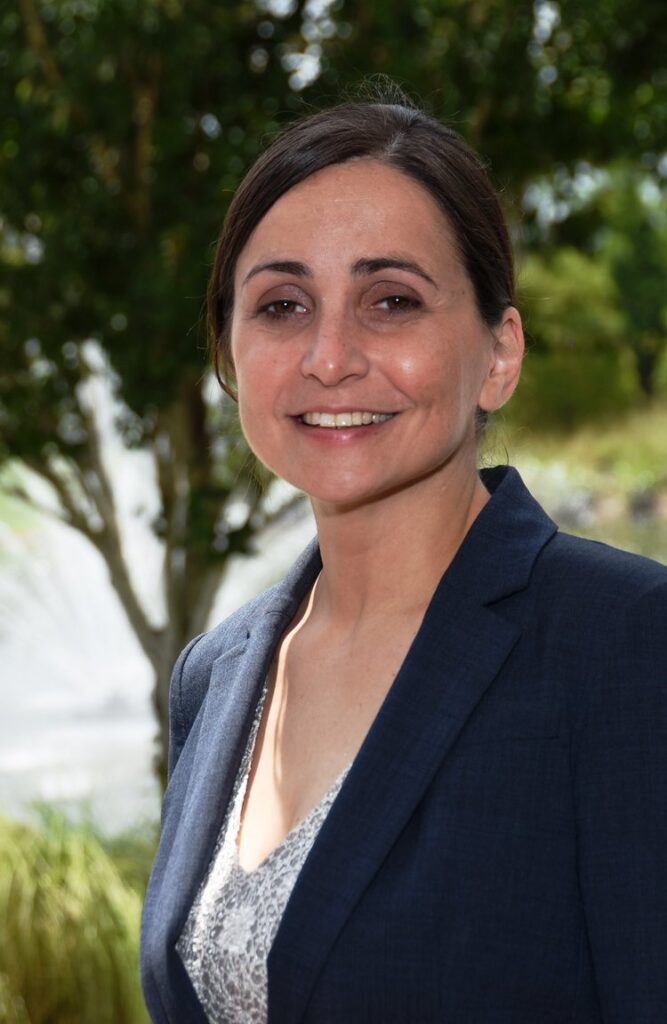
You’ve developed a compelling value proposition for your physician stakeholders, but what about the hospital who will have to pay for your product? Well before commercializing, entrepreneurs need to consider both clinical and economic positioning for the hospital. How will hospital administration and value analysis committee (VAC) assess your technology and what will it take to get it approved? Join us on February 26 to learn more about selling to the hospital stakeholder with Amie Borgstrom, President of Borgstrom Consulting Group and a former Global Vice President of Marketing for Zimmer Biomet and for Baxano Inc, a venture backed medtech start-up.

To maximize value for stakeholders–and themselves–founders need to make the right decisions concerning financial and legal issues such as capital structure, transactions, scaling, possible exits and personal financial planning. The choices they make today, for example, may have unanticipated consequences with respect to capital raises, taxable income, and income taxes. Join us to hear from this panel of financial and legal experts as they discuss what founders should do to achieve the best possible outcome.

If you are to succeed in commercializing a medical device, you need a clear path to reimbursement. However, the path is often nonintuitive, and increasing globalization has complicated matters. Payers now reference prices from around the world and employ health economics and cost containment tools first seen in pharma. Some companies have adapted by seeking revenue for services beyond the physical product. Join us to get the full briefing from Ali Samiian, Global Head of Market Access, Health Economics and Pricing at Abbott Diabetes Care.

It’s important not just to get funding for your venture but also to ensure that you engage the right investors–people who genuinely want to help you grow and succeed. An expert in investor relations, Caroline Corner is Managing Director at the SF office of Westwicke Partners, a strategic capital markets advisory firm. Join us January 17 to learn what to include in your pitch deck, how to build credibility, and how to connect with quality investors.

What is the right way to raise a seed round? Even as founders strive to focus on innovation and execution, they must make myriad decisions, big and small, on fundraising. Whom should I pitch first? What’s the smallest check I should accept? Do I price the round or raise on a convertible note, and on what terms? Join us as healthcare product designer, entrepreneur, and investor Ryan Pierce tests conventional wisdom against a survey of his peers, considers the ethics of taking early-stage money, and shares his own lessons from both sides of the table.

If your product addresses a viable market, it will have competition. Your commercial success can depend to a large extent on the good or bad experience that users–clinicians and patients–have while using your device or system. How can you ensure that users have a good experience? Join us to learn from Rajan Patel, founder and CEO of the firm iO life science. (Speaker info has been updated from the original)

As described in the 21st Century Cures Act, products eligible for Regenerative Medicine Advanced Therapy (RMAT) designation include cellular therapies, therapeutic tissue engineered products, human cell and tissue products, or any combination products that use such therapies or products. Multipotent stromal cells (MSCs) and induced Pluripotent Stem Cells (iPSCs) have been popular sources for manufacturing RMAT products due to their ability to undergo lineage-specific differentiation. Despite great promise, successful clinical translation of such cell-based products is often hindered by manufacturing challenges and the lack of reliable markers that can predict the products’ in vivo performance. For instance, MSCs are very heterogeneous and responsive to their surrounding environment, resulting in distinct subpopulations of cells with potentially different amounts of qualities needed for product potency. Since there are numerous biochemical and biomechanical factors regulating the functions of MSCs, it is critical to develop reliable high-throughput assays that enable the efficient exploration of large and complex parameter spaces for evaluating cellular function. Microscale in vitro systems offer the practicality to fulfill this unmet need. Several simple microfluidic channel arrays have been successfully implemented in screening the influence of paracrine mediators and various tissue microenvironment components in the regulation of cellular functions. In addition, microphysiological three-dimensional organoids and tissue-like structures such as chondrogenic cell aggregates and blood vessels have been incorporated into high-throughput, cell-based screening platforms in efforts to provide functionally relevant in vivo-like conditions. This presentation will give an overview of practical microscale technologies that are simple to operate while enhancing throughput, relevance, and reliability. How such technologies could be employed in the assessment of cell-based products will be discussed.

Dr. Joseph M. DeSimone is the CEO/Co-founder of Carbon, Inc. located in Silicon Valley. Prior to this, DeSimone was the Chancellor’s Eminent Professor of Chemistry at the University of North Carolina at Chapel Hill, and William R. Kenan, Jr. Distinguished Professor of Chemical Engineering at North Carolina State University and of Chemistry at UNC. DeSimone has published over 350 scientific articles (> 21,000 citations and H-index = 70) and has nearly 200 issued patents in his name with over 200 patents pending. DeSimone has mentored and trained 73 postdoctoral research associates and has graduated 80 PhD students from his group, 50% of whom are women and people from underrepresented groups in the sciences. = In June, 2016 DeSimone was recognized by President Barack Obama with the National Medal of Technology and Innovation.
DeSimone is one of fewer than twenty individuals who have been elected to all three branches of the U.S. National Academies: the National Academy of Medicine (2014), the National Academy of Sciences (2012), and the National Academy of Engineering (2005). He is also a member of the American Academy of Arts and Sciences (2005). DeSimone has received over 50 major awards and recognitions including the 2017 $250,000 Heinz Award for Technology, the Economy and Employment; the inaugural $250,000 Kabiller Prize in Nanoscience and Nanomedicine; the 2015 Dickson Prize from Carnegie Mellon University; the 2014 Industrial Research Institute Medal; the 2014 Kathryn C. Hach Award for Entrepreneurial Success; the 2012 Walston Chubb Award for Innovation by Sigma Xi; the 2010 AAAS Mentor Award in recognition of his efforts to advance diversity in the chemistry PhD workforce; the 2009 NIH Director’s Pioneer Award; the 2009 North Carolina Award; the 2008 $500,000 Lemelson-MIT Prize for Invention and Innovation; the 2002 John Scott Award presented by the City Trusts, Philadelphia, given to “the most deserving” men and women whose inventions have contributed in some outstanding way to the “comfort, welfare and happiness” of mankind; and the 2002 Engineering Excellence Award by DuPont.
DeSimone is the co-founder of several companies including Micell Technologies, Bioabsorbable Vascular Solutions, Liquidia Technologies, and Carbon. DeSimone received his B.S. in Chemistry in 1986 from Ursinus College in Collegeville, PA and his Ph.D. in Chemistry in 1990 from Virginia Tech. He currently resides in Monte Sereno, California with his wife of 30 years, Suzanne.

How are areas of opportunity for medtech invention discovered? Is there a single optimal approach to healthcare innovation or are there multiple approaches that work equally well? Do global healthcare companies use the same framework for innovation as start-up companies? Join us on October 30th to hear Dr. Sanaz Saatchi’s perspective and recommended methodologies to drive innovation. Previously, Dr. Saatchi led the development of cardiovascular medical devices from inception to commercial launch at Medtronic and helped multiple start-up companies determine the strategic product-market fit for novel technologies.

Your pitch deck is a key element of your fundraising strategy. You’ll be pitching live, of course, but also emailing it to potential investors and partners, who will have limited time to look at it because they’re considering many other pitches. Pitch decks can evolve over time—but it’s more efficient to get the job done right early on! Shubhra Jain is an investor with Cota Capital. Join us to hear Shubhra’s tips on what matters in a pitch deck and what can make a deck stand out to investors.

